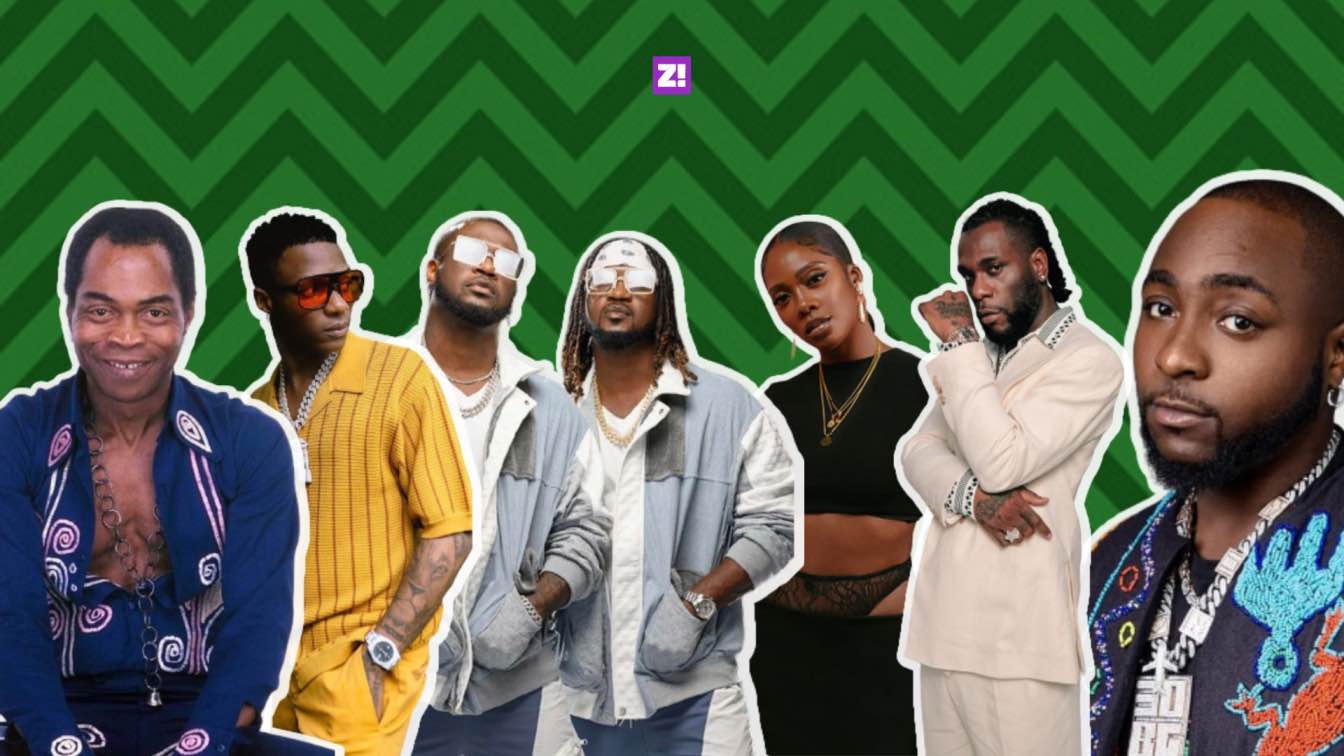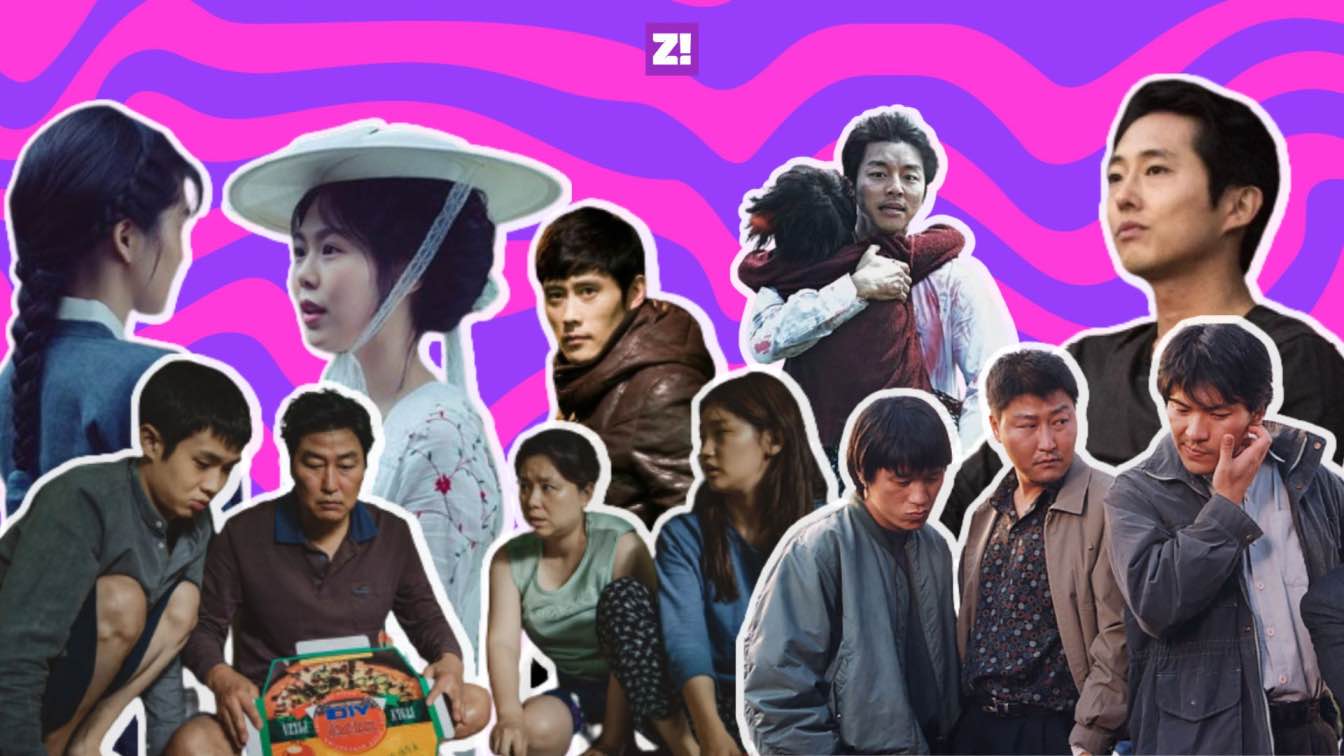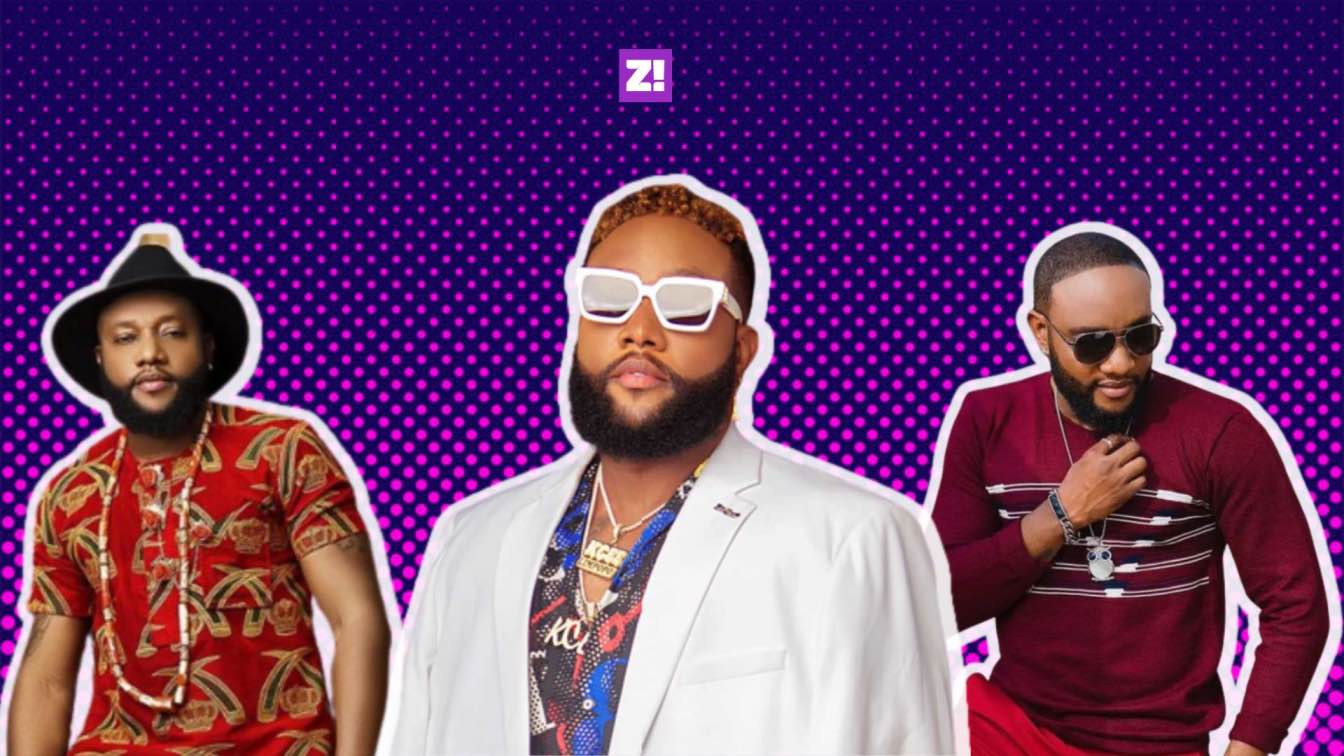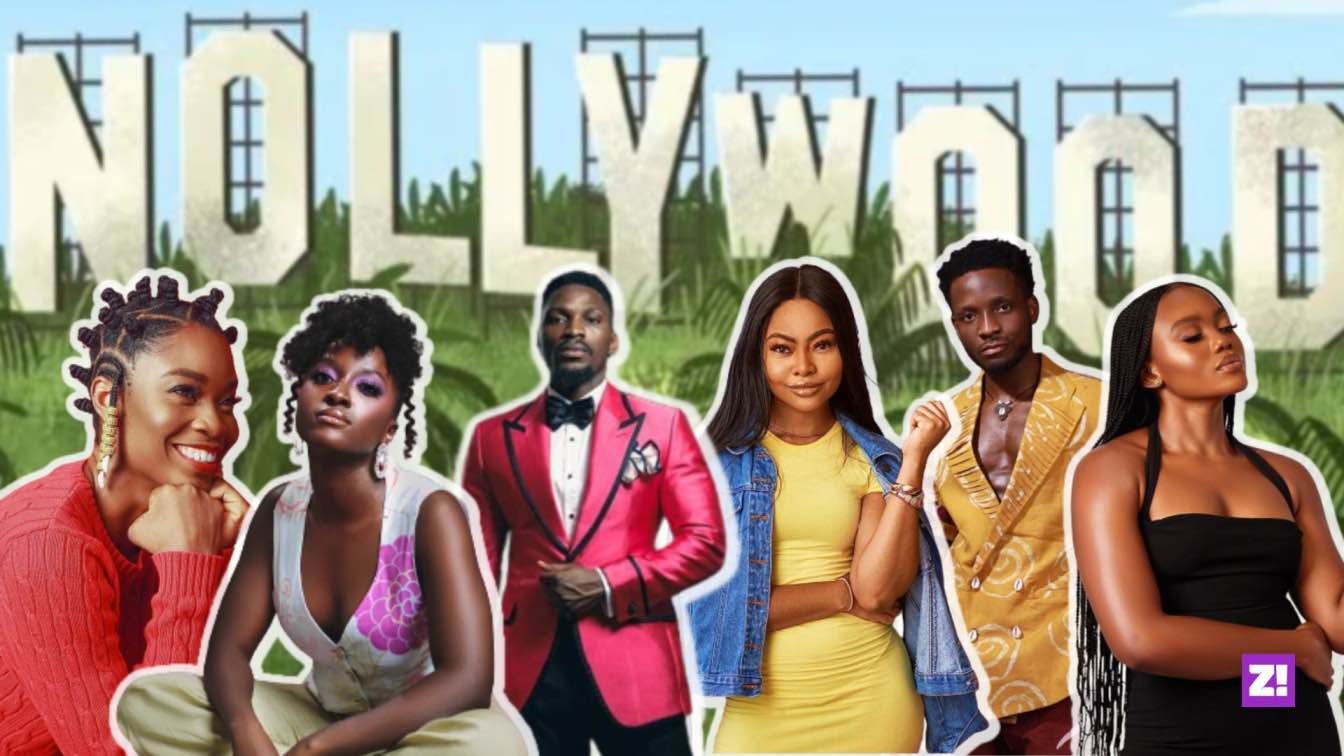Nollywood is on a roll. With a slew of films, streaming deals left and right and diverse cinematic arrays of content, the poster child for African filmmaking is breaking new grounds and solidifying itself as a major player in the global film industry. But what happens when the government decides to interfere with how filmmakers tell their stories?
Late last month, the Minister for Information and Culture, Lai Mohammed announced plans made by the government and the National Film and Video Censors Board (NFVCB) to ban money rituals in Nollywood films. He said this after blaming the Nigerian film industry for “negatively influencing the Nigerian youth”. This wouldn’t be the first time such a move had been made. In 2021, the NFVCB began conversations to remove smoking from Nollywood films, right after Ìfé — a queer Nollywood film — was banned in 2020. What do these interferences mean for Nollywood?
“The freedom that comes with storytelling will be taken away from us”
— Diji Aderogba, Director — Ghana Jollof, About a Boy
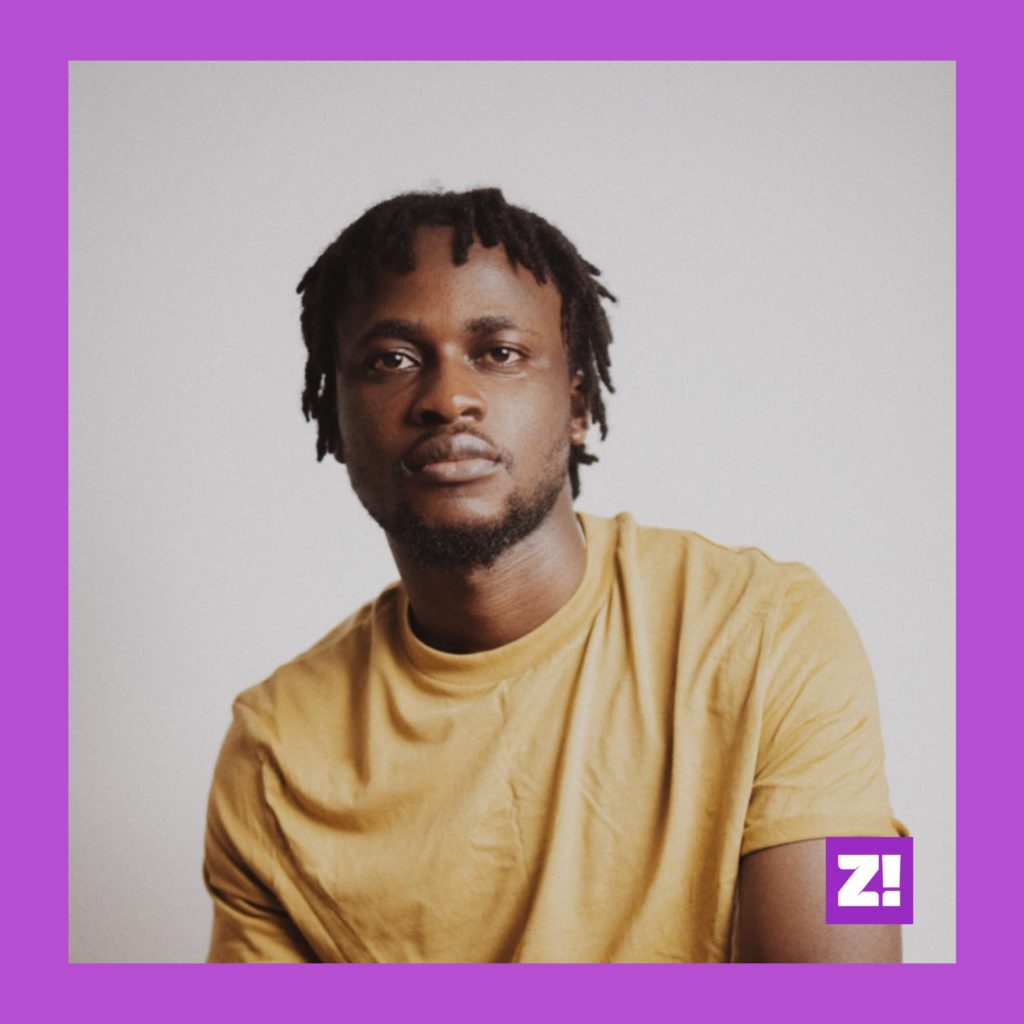
The films we make mirror the lives, experiences and society around us. Whether we like it or not, juju is a part of who we are as Nigerians — ritualism or not. These things are happening around us and if the government feels like it’s painting us in a bad light, then they need to do something about the root problem and not the films that depict them.

As a creative, if this censorship comes into play, it will affect how we tell our stories because we’ll become too conscious about how our work will be received, and eventually forgo telling real Nigerian stories. Why do we even need this level of censorship as an industry? It’s like telling us we have freedom of speech, but you’re still holding our tongue. To me, freedom as a creative is being able to tell the stories you want and depict the reality around you in your work. If I’m not doing that, what’s the point? That being said, na werey country we dey sha.
RELATED: I Wish My Father Was Alive to See Me Now — Man Like Diji Aderogba
“It’s the responsibility of our government to keep us safe, not Nollywood”
— Mannie Oiseomaye, Screenwriter — Introducing the Kujus, A Simple Lie
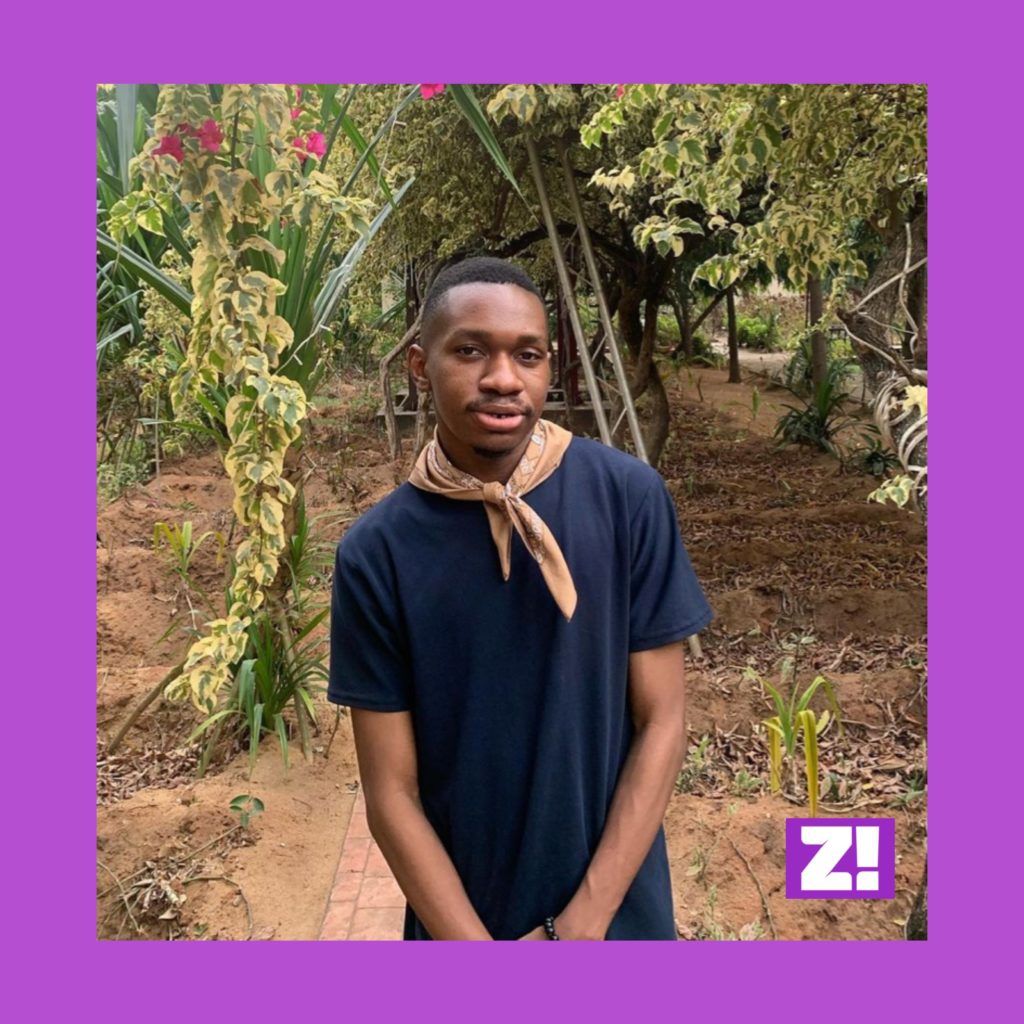
My first reaction to hearing about the potential ban was, “Here we go again!” I’m not the least bit surprised because the government’s favourite pastime is making life difficult for local industries trying their best to survive in Nigeria. Do films influence the audience that consumes them? Yes. But it’s important to note that they’re reflecting something that’s happening, not introducing them. From what Nollywood has done so far, it’s clear to see that we show these vices with a sense of morality where if you do “bad things”, karma or the law will always catch up with you. Looking at our work closely, Nollywood is actually highlighting the problems associated with these things. So why censor the industry in this way?
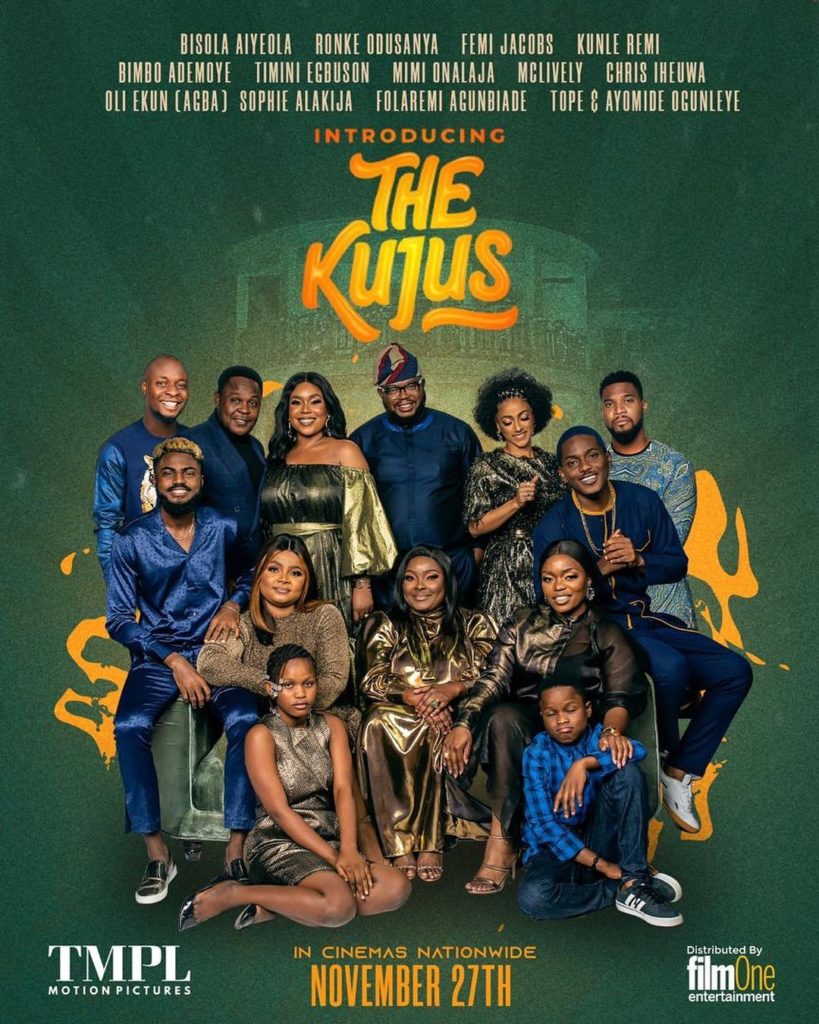
Censorship as a whole is not a bad thing. However, when it starts to interfere with art, it becomes a problem. There are limits to censoring art, and as a country, I feel like we’re crossing these limits. The responsibility of protection from crime lies with the people we voted in and not the entertainment industry.
Nollywood is still in its formative stages and we’re well on our way to meeting global standards — in spite of the Nigerian government and no thanks to them. These unnecessary bans and laws aim to pull us back, but I strongly believe it’s nothing the industry cannot overcome. We’ve been through worse before.
CONTINUE READING: 5 Nollywood Films That Capture the Chaos of Living in Lagos

